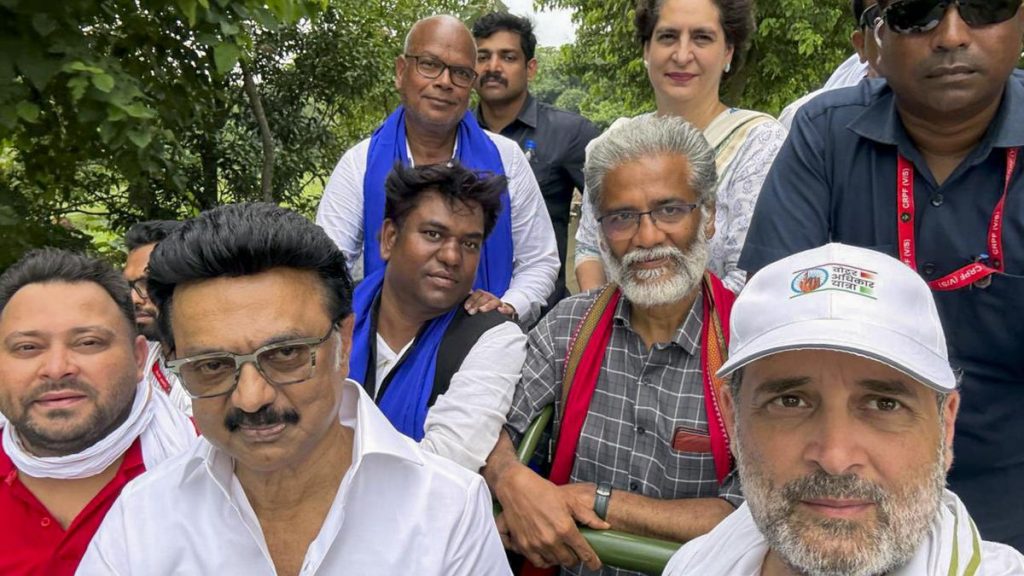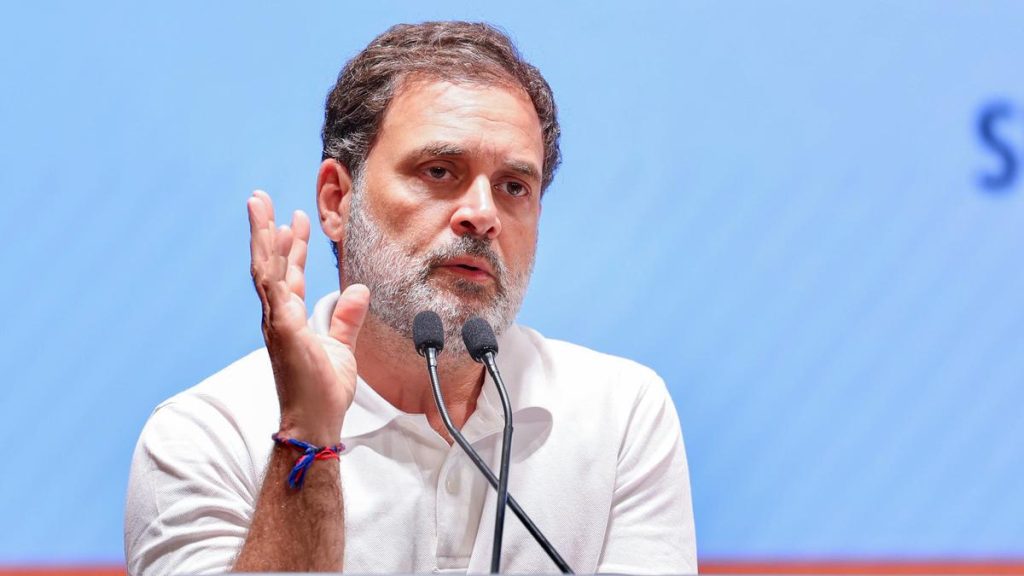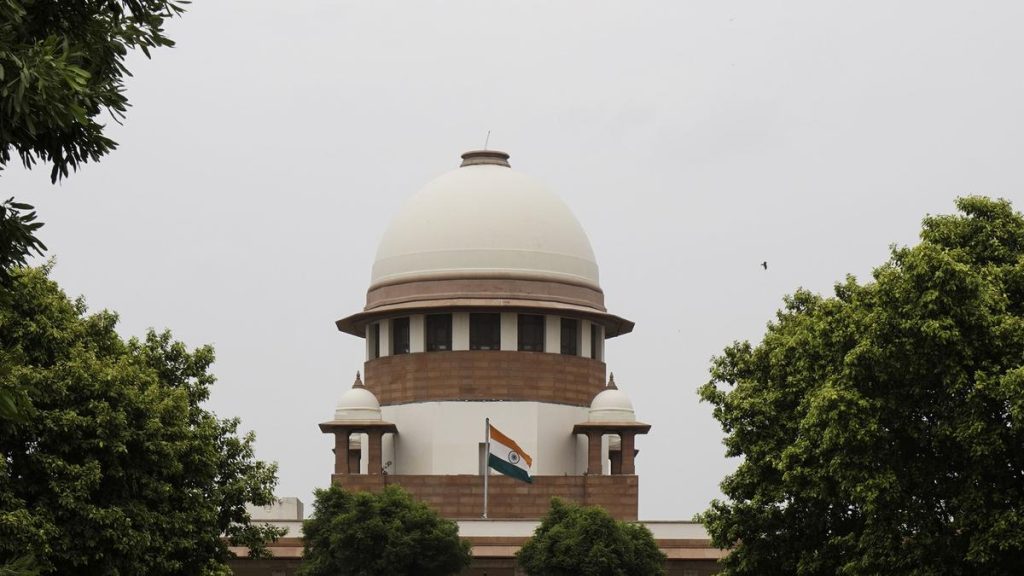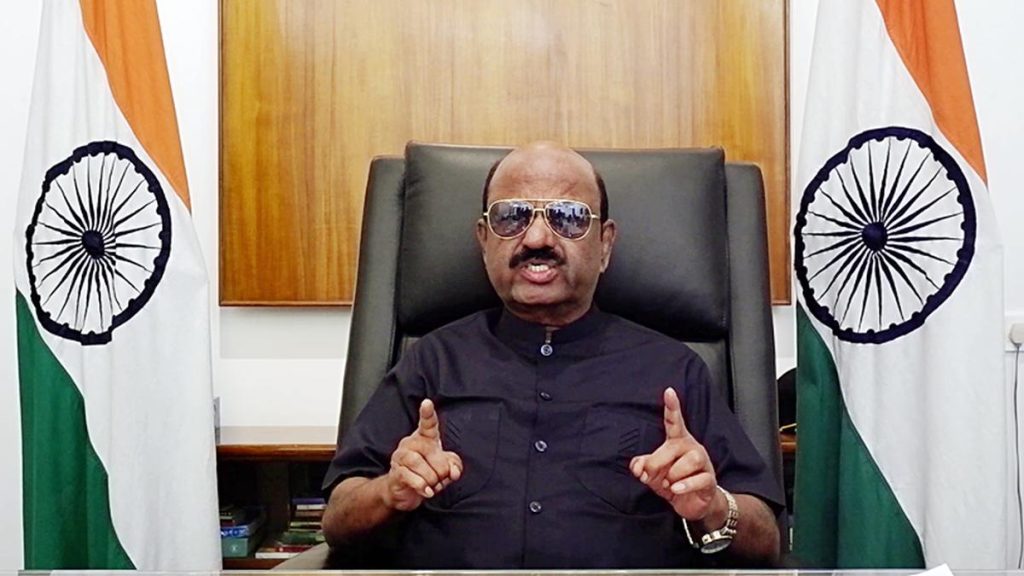Now Reading: Supreme Court Curtails Nationwide Injunctions in Key Ruling
-
01
Supreme Court Curtails Nationwide Injunctions in Key Ruling
Supreme Court Curtails Nationwide Injunctions in Key Ruling
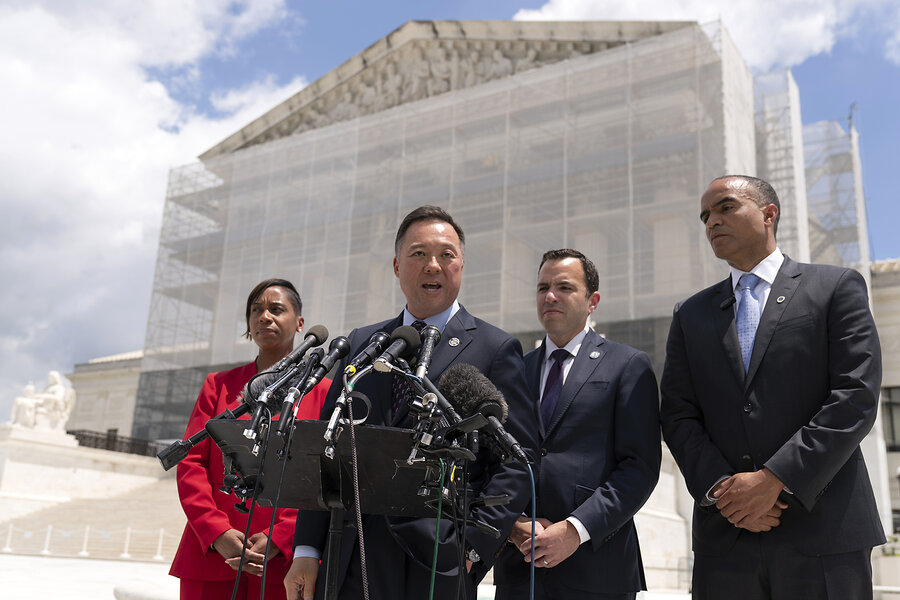
Fast Summary
- The U.S. Supreme Court ruled 6-3 on Friday in favor of limiting the ability of federal judges to issue nationwide injunctions, granting a partial victory to the Trump administration.
- This ruling temporarily enables an executive order redefining birthright citizenship, which excludes automatic citizenship for children of parents unlawfully or temporarily residing in the U.S., from taking effect in 28 states within 30 days.
- Critics argue this is unconstitutional and undermines judicial safeguards, while supporters see it as curtailing overreach by courts issuing broad procedural blocks.
- Justice Barrett authored the majority opinion, emphasizing that global injunctions lack historical precedent and circumvent proper legal procedures under Rule 23 regarding class actions.
- Dissenting justices labeled this decision a fundamental threat to constitutional rights, warning about potential misuse to justify broader executive actions.
- Immigrant advocacy groups and several states are pursuing alternatives like class-action lawsuits following restrictions on injunctions.
!Image
President Donald Trump speaks at a White House press conference after the Supreme Court limited nationwide injunction authority.
Indian Opinion Analysis
This ruling has implications for India’s position when observing differing perspectives on judiciary-executive balance globally. India’s Constitution vests significant power in its judiciary under measures such as Public Interest Litigations (PILs), which could be compared with universal injunction mechanisms used by U.S. courts now restricted by law.
India may analyze how such rulings reshape governance institutions elsewhere: limiting judicial intervention may streamline executive actions but also risks narrowing constitutional checks on power if not implemented thoughtfully.
A strong judiciary fosters accountability-a notion reinforced within democratic frameworks worldwide-and India’s legal fraternity might consider discussions around parallels in our own case law addressing separation of powers or procedural equity.
The patchwork rollout likely mirrors regional flexibility seen during policy implementations here, signaling administrative challenges when applied unevenly across jurisdictions-whether related to citizenship laws abroad or center-state coordination domestically.Read more: Click Here


